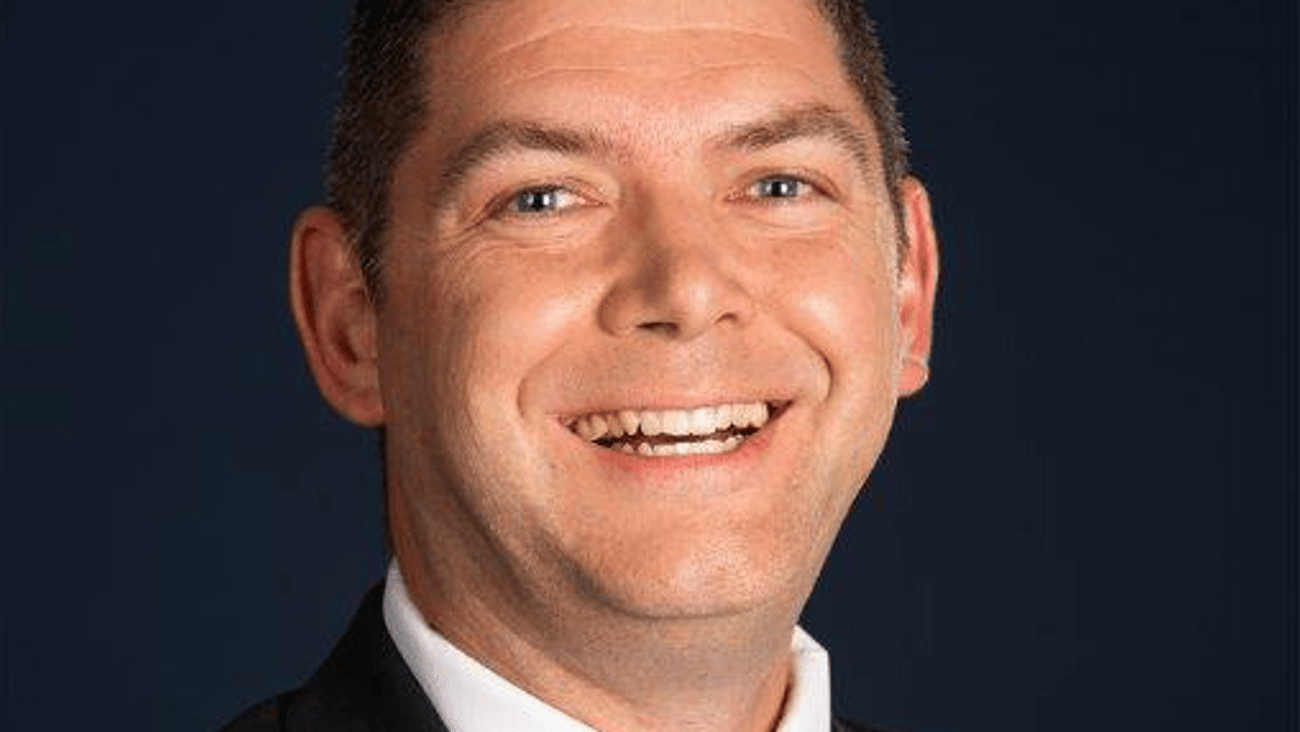Do you know the Forbidden Phrase of Leadership?
We all have phrases we like to hear, right?
“Thank you so much!”
“I don’t know what I would do without you!”
“You are sitting at the complimentary dessert table.”
(This last one comes from a true story that I may tell you about another time, as it was life-changing for me.)
And there are phrases we definitely do not like:
“Come into my office, we need to talk.”
“I didn’t know it would be THAT bad.”
“Your flight has been delayed (cancelled!).”
Feel free to add phrases to either list, but you get the idea.
Today, I want to tune your radar to the forbidden phrase of leadership. As leaders, we must be on guard against this phrase and if we hear it, we must take swift action.
While I hope you have never used this phrase, I have little doubt that if you haven’t used it yourself, you likely know several people who have used it. And after today, I hope that when you hear this phrase, it will make you cringe.
The Forbidden Phrase of Leadership is: “My people don’t do that.”
Oh, how it pains my heart when I hear someone say this!
Imagine the frustration, if you will, of going through the effort to train 12,000 pharmacists to administer flu shots, then visiting one of these pharmacies only to be told, “our patients don’t get flu shots.” (And therefore, we don't have to know how to give flu shots.)
I feel myself becoming agitated just recalling this story.
Far too many leaders have been faced with this forbidden phrase, and far too many have heard or spoken the phrase and given up in frustration and inability to know how to react!
A few weeks ago, we considered that leaders move people from where they are to a better place, with this better place being uphill. Now consider someone saying, “our people don’t go uphill.” (They either stay in the same place, or they go downhill.) This is the point and purpose of the leader – to lead people uphill, to rise to a better place.
So, allow me to equip you with a better phrase than "we don't do that."
“We have not led our people to do that yet.” This is a statement replete with responsibility. This is a statement full of expectation and optimism. It is not a statement of defeat and surrender.
So, today, let me encourage you to do two things:
- Remove the Forbidden Phrase from your lexicon.
- Adopt the better phrase of “We have not led our people to do that yet.”
Additionally, be on the lookout for any and all who use the Forbidden Phrase and recognize that this area is an opportunity for you to lead others in and up to a better place.
Until next time -
Jesse McCullough, PharmD



